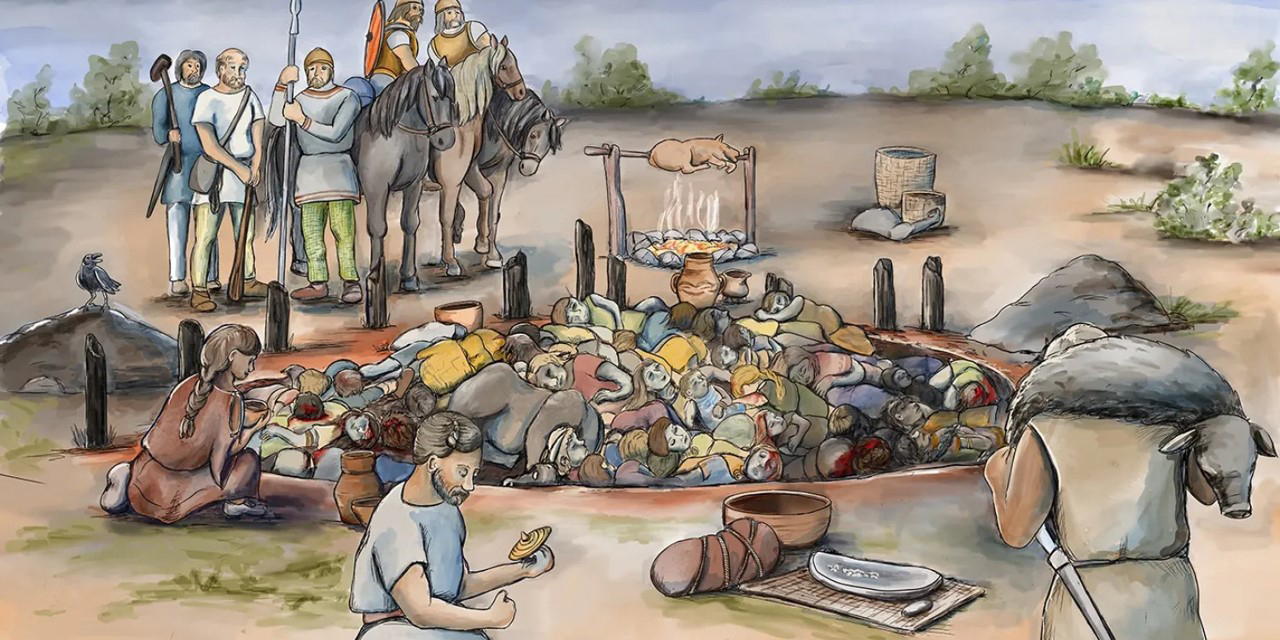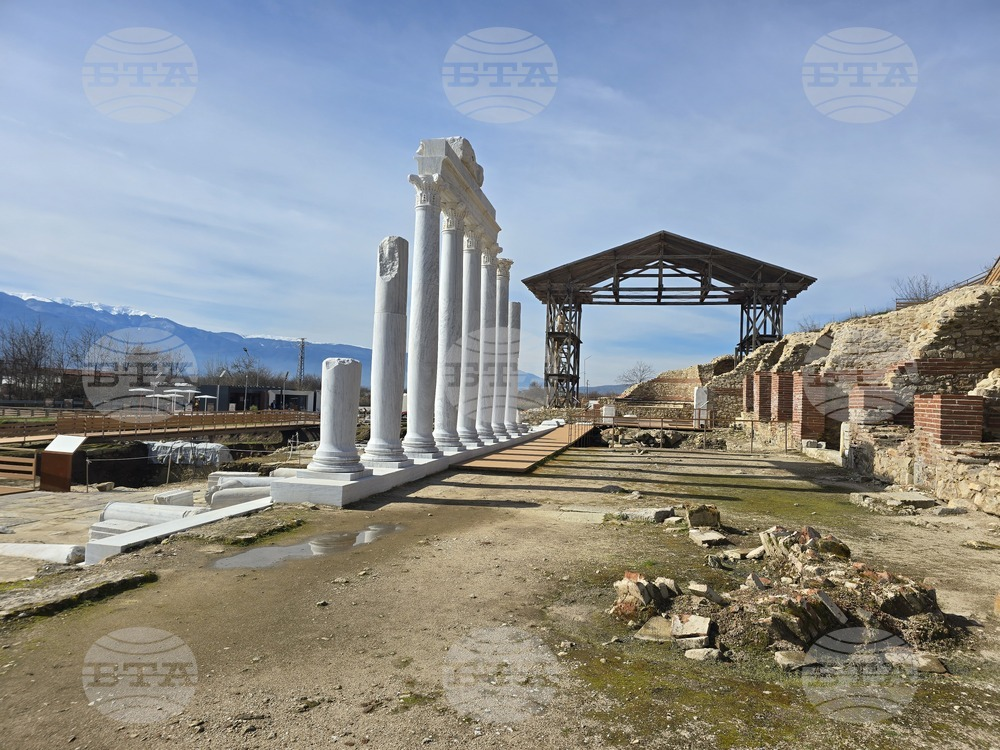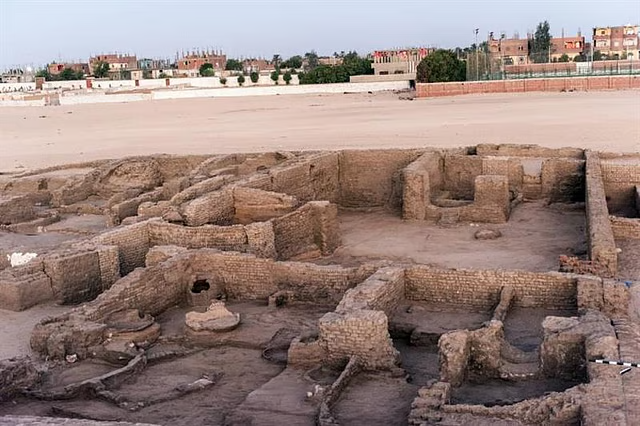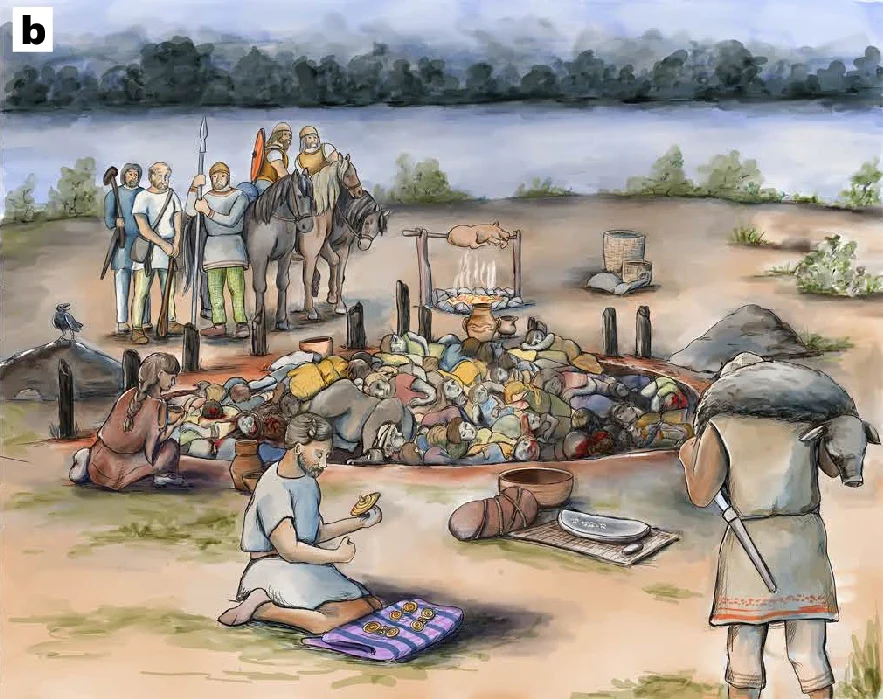Zeus stands at the center of Greek mythology as the powerful ruler of the sky, master of thunder, and king of all gods. His stories shaped ancient religion, influenced daily life, and left a legacy that continues to inspire literature, art, and modern culture. Exploring his role helps us understand how the ancient Greeks viewed power, justice, nature, and divine order.
Zeus’ Role in Greek Mythology
Supreme Ruler of Mount Olympus
Zeus was the highest authority among the Olympian gods. As the overseer of law, justice, and moral order, he served as the ultimate decision-maker in disputes between gods, humans, and mythical creatures. His power was symbolized by the thunderbolt, which he used to maintain balance in the world.
Protector and Punisher
He was often seen as a guardian who rewarded honesty, hospitality, and loyalty. At the same time, he punished those who broke sacred laws, especially oaths and rituals. This dual role made him both respected and feared by ancient worshippers.
Famous Myths About Zeus
The Rise of Zeus
One of the most significant myths tells how Zeus overthrew his father, Cronus, to free his siblings and become leader of the gods. This victory marked the beginning of a new divine era and symbolized the triumph of order over chaos.
Prometheus and the Gift of Fire
In another well-known story, the Titan Prometheus stole fire from Zeus to help humanity. Zeus punished him severely, demonstrating his authority and the consequences of defying the gods. The myth highlights themes of human progress, rebellion, and divine power.
Zeus’ Many Transformations
Zeus is also remembered for taking various forms such as a swan, bull, or shower of gold to interact with mortals. These encounters often led to the birth of heroes like Heracles and Perseus, who played major roles in shaping Greek heroic tradition.
Zeus’ Influence on Later Cultures
Impact on Religion and Art
Zeus inspired countless statues, temples, and artworks across the ancient world. The Temple of Zeus at Olympia, for example, was one of the Seven Wonders of the Ancient World. His imagery bearded, strong, seated on a throne set the standard for depictions of supreme gods in later civilizations.
Legacy in Language and Literature
Many modern terms and literary themes trace back to Zeus. Concepts such as justice, fate, and divine authority often reflect ideas rooted in Greek mythology. His myths continue to appear in books, films, and modern storytelling, showing his lasting cultural impact.
Influence Beyond Greece
Zeus’ characteristics shaped the portrayal of powerful gods in Roman, Renaissance, and even contemporary works. The Roman god Jupiter directly borrowed Zeus’ attributes, showing how Greek beliefs blended into later cultural traditions.
Zeus’ worship reveals how deeply mythology influenced ancient Greek life. His stories speak of power, justice, love, conflict, and the mysteries of nature. As the supreme ruler of Olympia, he shaped religious practices and left a legacy that continues to inspire and fascinate people today.







